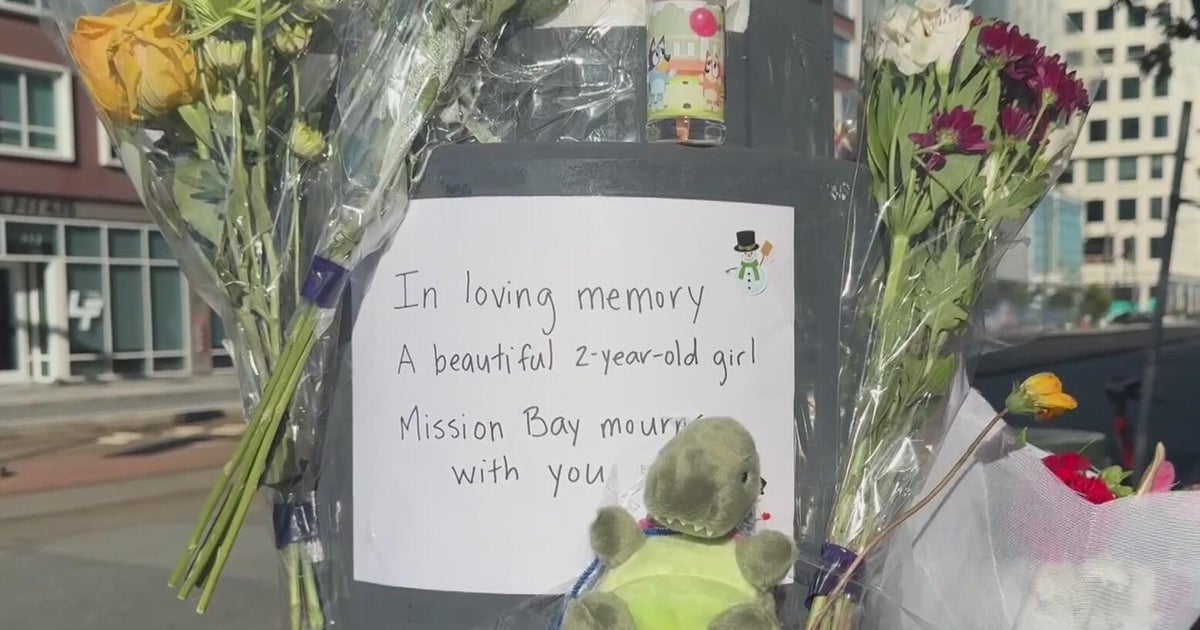World Lung Cancer Day 2023: Talking to kids about vaping
DALLAS (CBSNewsTexas.com) - Today on World Lung Cancer Day, medical professionals are reminding parents about the dangers of vaping.
"I would definitely start at age 9 or 10, and I would have a frank, kind of open-ended discussion," said Dr. Devika Rao, pediatric pulmonologist with Children's Health. "What parents really should understand is that adolescents, I believe, are victims of marketing strategies and a lack of education on these products. And so they're not to be blamed for for this use."
Among youth, e-cigarettes, especially the disposable kind, are more popular than any traditional tobacco product. According to the 2021 National Youth Tobacco Survey, more than 2 million U.S. middle and high school students reported using e-cigarettes in 2021, with more than 8 in 10 of those youth using flavored e-cigarettes.
Additionally, there has been an outbreak of lung injuries and deaths associated with vaping. In February 2020, the Centers for Disease Control and Prevention (CDC) confirmed 2,807 cases of e-cigarette or vaping use-associated lung injury (EVALI) and 68 deaths attributed to that condition.
The CDC has identified vitamin E acetate as a chemical of concern among people with EVALI. Vitamin E acetate is a thickening agent often used in THC vaping products, and it was found in all lung fluid samples of EVALI patients examined by the CDC.
Doctors said vaping can lead to increased issues with asthma, bronchitis, coughing, wheezing and even gastro-intestinal issues. E-cigarettes are the most commonly used tobacco products among youth, and use is rising at an alarming rate, according to the American Academy of Pediatrics.
"There are heavy metals. There's benzene. There's things like nickel, tin lead chromium," Rao explained. "There's chemicals that are found similar to those found in like antifreeze, and and and pesticides. These are things that are not good for the lungs, and in many studies have been shown to kill lung cells."
Research from The Johns Hopkins University on vape ingredients published in October 2021 reveals thousands of chemical ingredients in vape products, most of which are not yet identified. Among those the team could identify were several potentially harmful substances, including caffeine, three chemicals never previously found in e-cigarettes, a pesticide and two flavorings linked with possible toxic effects and respiratory irritation.
The AAP also says young people who use e-cigarettes are more likely to use cigarettes or other tobacco products.
"I can't stress the importance of prevention. Enough kids are going back to school. They're going to be exposed to their, you know, larger social networks compared to during the summertime," Rao reminded.







